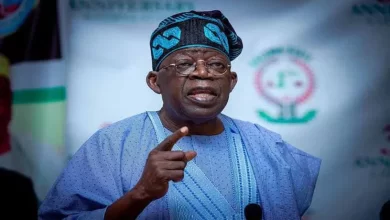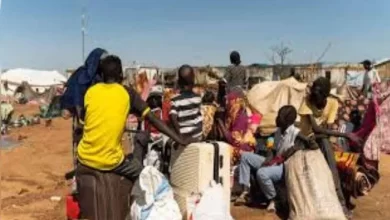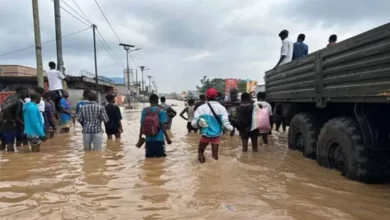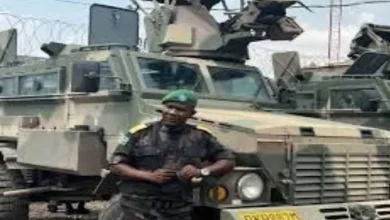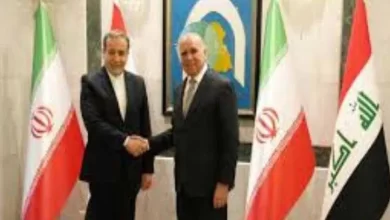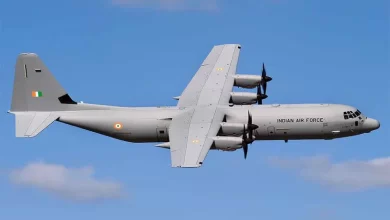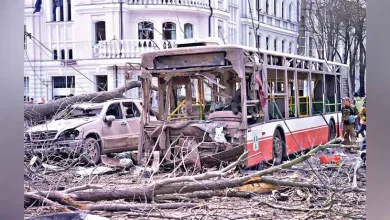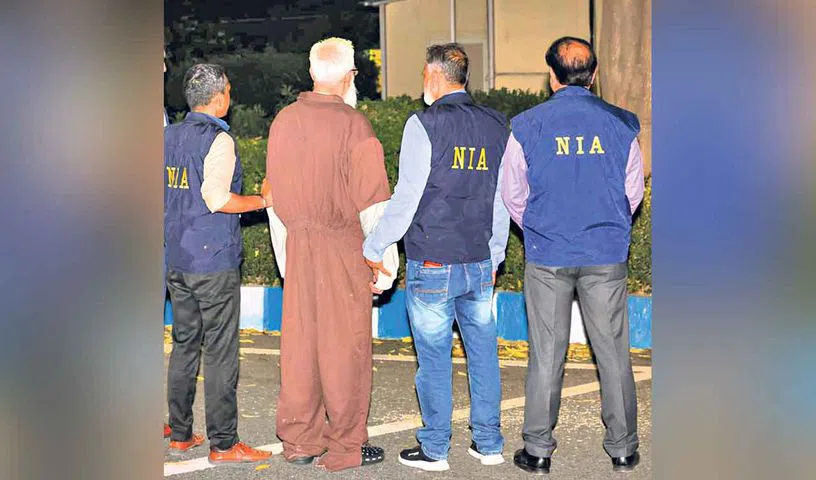
The fresh leads from the probe agencies could strengthen India’s case against Pakistan-sponsored terrorism on the global stage, including at forums like the United Nations Security Council
The extradition of Pakistan-born Canadian citizen Tahawwur Rana, an accused in the 26/11 Mumbai terror attacks, is a major milestone in India’s persistent efforts to bring perpetrators to justice. On a broader note, it is a big diplomatic win for India’s counter-terrorism strategies. Now that a key cog in the terror machinery is in India’s custody, it is time to go all out and fire on all cylinders to expose Pakistan’s role in scripting and directing the most horrific terrorist operation. During the upcoming trial, Rana is expected to spill the beans, not only about his involvement in planning and executing the 2008 attacks but also about the devious deeds of both state and non-state actors in Pakistan. Rana, who had worked as a doctor in the Pakistani army before migrating to Canada, should know precisely which Pakistani army officers were involved in the plot and how Lashkar-e-Taiba executed the plot. The chargesheet against Ajmal Kasab, the lone surviving 26/11 terrorist, clearly mentioned that the Mumbai strikes were plotted in Pakistan by the LeT. In the days ahead, Rana will be questioned by the National Investigation Agency (NIA) on his connections with the LeT. After years of painstaking efforts by intelligence, legal and diplomatic teams and a decisive push by the political leadership, New Delhi has succeeded in convincing the American authorities to extradite Rana to India to face trial. While the extradition of one of the key conspirators is certainly a defining moment for Indian diplomacy, the war against cross-border terrorism is far from over.
Rana’s interrogation should help India build a water-tight case to expose the involvement of Pakistan’s deep state at multiple levels. Only then, the families of 166 people killed in the Mumbai terror attacks can get a sense of closure. The fresh leads from the probe agencies could strengthen India’s case against Pakistan-sponsored terrorism on the global stage, including at forums like the United Nations Security Council. Pakistan should be exposed before the international community for what it is: a rogue state. It is preposterous on the part of Pakistan to now try to distance itself from Rana on the grounds that he chose to be a Canadian citizen. It is no secret that Islamabad has been consistently denying assistance to New Delhi in prosecuting Hafiz Saeed, Zakiur Rehman Lakhvi and other LeT operatives based in Pakistan. Now, Rana’s interrogation could mean an endgame for Pakistan. Already, there is a growing realisation across the world that Pakistan has become a hub for global terror and that it continues to pursue the policy of using terrorism as an instrument of state policy to inflict the much-touted ‘death by a thousand cuts’ on India. India has been steadfast in its position that talks and terrorism cannot go together and that Islamabad must take credible steps to dismantle terror infrastructure.

